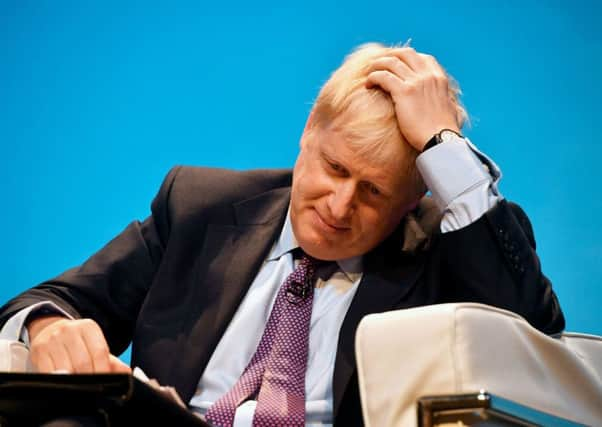Tories may find price of one member, one vote is high – leader comment


Before 1965, there was no election of any kind to select the next leader of the Conservative Party. One simply “emerged” – after private discussions between MPs. Edward Heath was the first leader to be actually elected, but only MPs had a vote. It was not until 1998 that the party decided its leader should be chosen by party members.
Previously Labour’s leader was chosen by three groups who each had a third of the votes: MPs and MEPs; Labour Party members; and affiliated organisations like unions. But in 2014, the rules were changed to one member, one vote, and Jeremy Corbyn was the first leader elected under this process the following year.
Advertisement
Hide AdAdvertisement
Hide AdSo, in the two historically dominant UK parties, there has been a shift of power over this most important decision away from MPs and toward their members. When these decisions were taken, it seemed to many like a step forward for democracy.
However, Corbyn’s experiences as leader have highlighted the problems of trying to lead a group of people, in this case MPs, who do not share your sense of political direction. His own MPs have tried unsuccessfully to get rid of him and, at one point, the number of Shadow Cabinet resignations reached farcical proportions.
Despite a poor campaign, it still seems that Boris Johnson will be elected by Conservative members and become the UK’s next Prime Minister.
But he has already been served notice by several Tory MPs that they will rebel if he tries to force through a no-deal Brexit.
So Johnson could soon be confronting splits as bitter as those faced by Corbyn, but they will be more significant because he will be the Prime Minister, not just Leader of the Opposition.
Theresa May sought to bring the Conservative Party with her, but was unable to despite being a less divisive figure than Johnson. She was a Remainer who said “Brexit means Brexit”. He is a Brexiteer who has defended the debunked £350 million a week claim.
Some have raised questions about how democratic it is for a party’s membership to be selecting a Prime Minister. But, whatever the rights or wrongs of the current process, it seems clear that giving party members the final say over who will lead a group of MPs can lead to damaging infighting.
May’s tenure was a rocky one. Unless hitherto unnoticed leadership qualities ‘emerge’, Johnson’s may be even more so.
